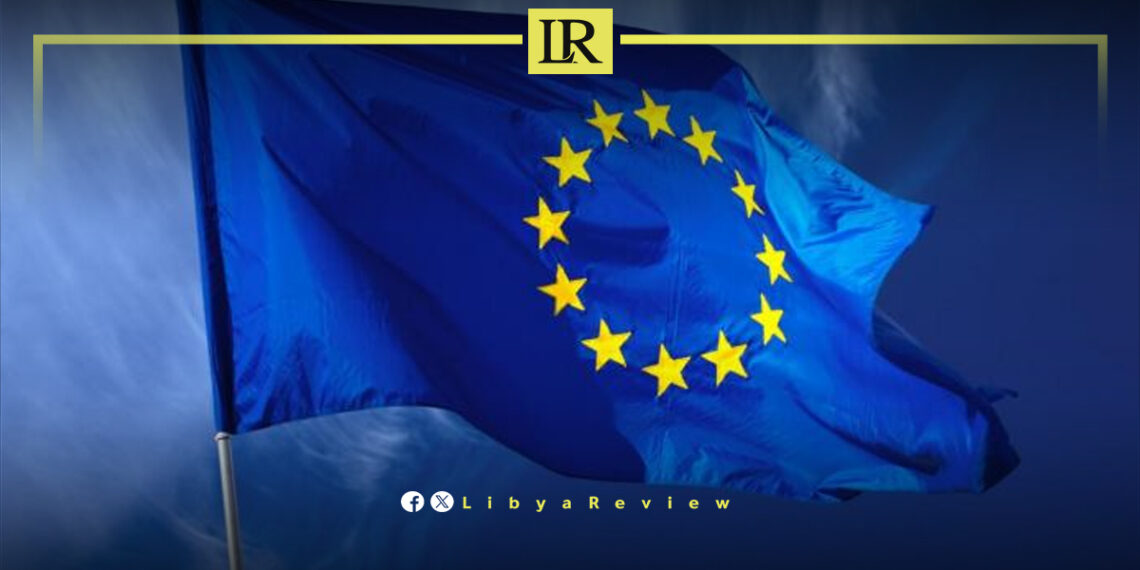On the eve of municipal council elections in 58 Libyan municipalities, the European Union Delegation and EU Member States’ diplomatic missions have lauded the High National Elections Commission (HNEC) and all involved parties for reaching this significant milestone.
These elections are pivotal for establishing representative local governance and promoting political engagement through democratic processes.
The EU Delegation encourages all registered voters to actively participate, selecting leaders who reflect their needs and aspirations. Candidates are urged to engage with integrity, adhering to the HNEC’s code of conduct throughout the electoral process.
Emphasizing the importance of a safe and inclusive environment, the EU calls upon all parties and authorities, both local and central, to support the democratic process before, during, and after the elections.
The EU Delegation and EU Member States’ diplomatic missions reaffirm their commitment to assisting Libya’s institutions in advancing the nation’s democratic journey.
Libya has been in chaos since a NATO-backed uprising toppled longtime leader Muammar Gaddafi in 2011. The county has for years been split between rival administrations.
Libya’s economy, heavily reliant on oil, has suffered due to the ongoing conflict. The instability has led to fluctuations in oil production and prices, impacting the global oil market and Libya’s economy.
The conflict has led to a significant humanitarian crisis in Libya, with thousands of people killed, and many more displaced. Migrants and refugees using Libya as a transit point to Europe have also faced dire conditions.
The planned elections for December 2021 were delayed due to disagreements over election laws and the eligibility of certain candidates. This delay has raised concerns about the feasibility of a peaceful political transition.
Despite the ceasefire, security remains a significant concern with sporadic fighting and the presence of mercenaries and foreign fighters. The unification of the military and the removal of foreign forces are crucial challenges.


